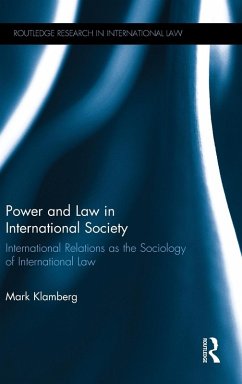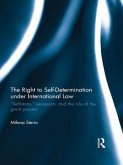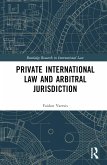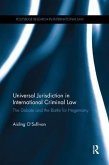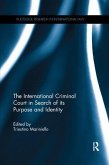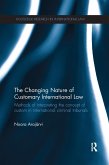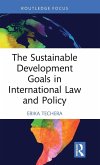When studying international law there is often a risk of focusing entirely on the content of international rules (i.e. regimes), and ignoring why these regimes exist and to what extent the rules affect state behavior. Similarly, international relations studies can focus so much on theories based on the distribution of power among states that it overlooks the existence and relevance of the rules of international law. Both approaches hold their dangers. The overlooking of international relations risk assuming that states actually follow international law, and discounting the specific rules of international law makes it difficult for readers to understand the impact of the rules in more than a superficial manner. This book unifies international law and international relations by exploring how international law and its institutions may be relevant and influence the course of international relations in international trade, protection of the environment, human rights, international criminal justice and the use of force. As a study on the intersection of power and law, this book will be of great interest and use to scholars and students of international law, international relations, political science, international trade, and conflict resolution.
Hinweis: Dieser Artikel kann nur an eine deutsche Lieferadresse ausgeliefert werden.
Hinweis: Dieser Artikel kann nur an eine deutsche Lieferadresse ausgeliefert werden.

